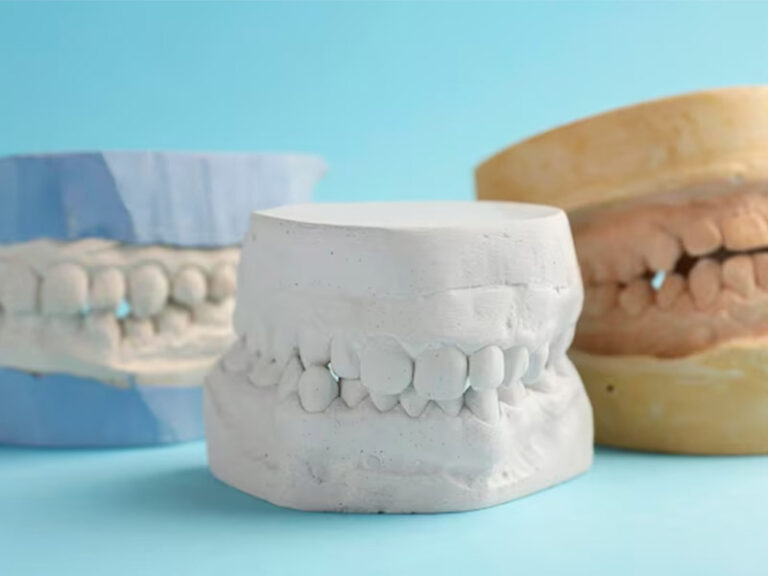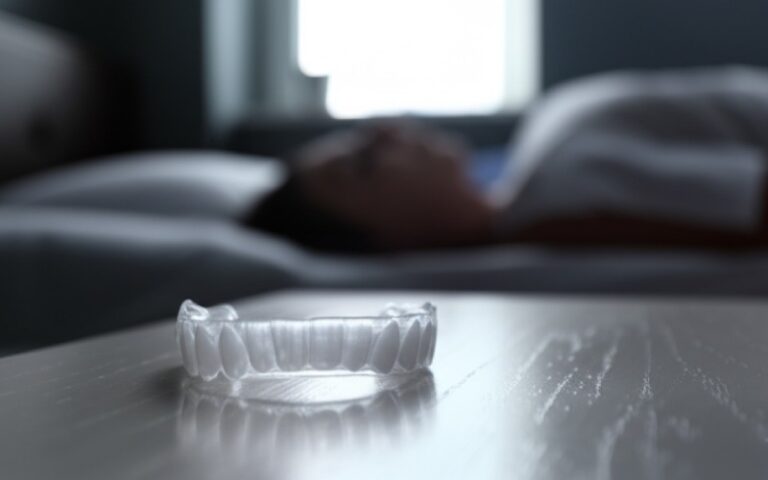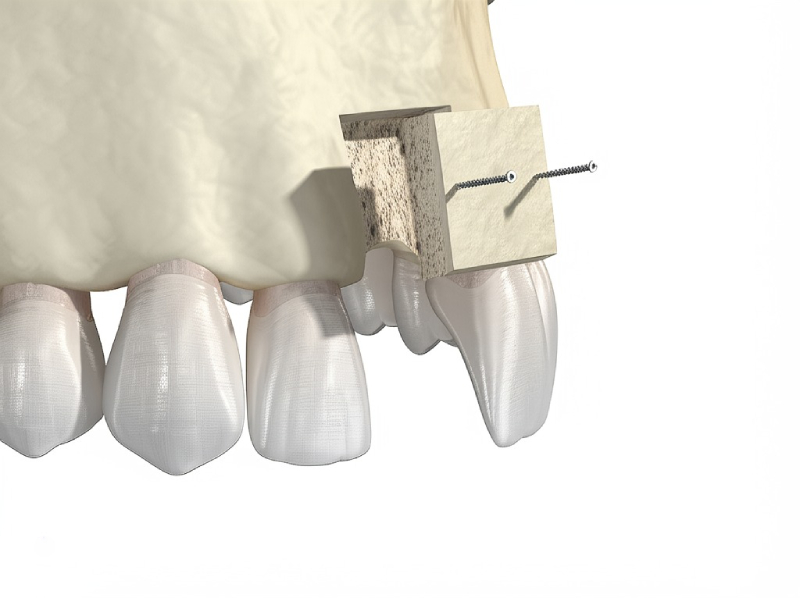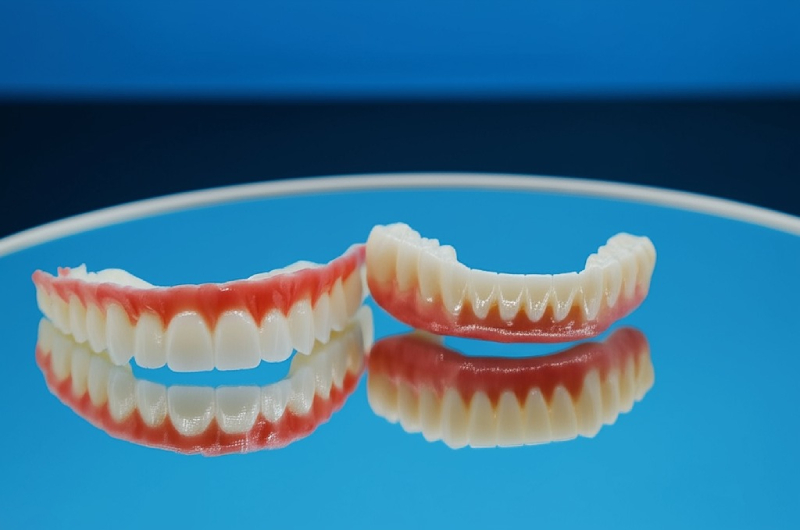
Implant-Supported Dentures Cost: A Simple Guide to Price, What Affects It, & How to Pay
Thinking about getting new teeth that don’t move around? Implant-supported dentures might be just what you need. But, you’re probably wondering—how much do they really cost? In this article, you’ll find out exactly what these dentures cost, why many people say they’re worth it, and how regular people pay for them. I’ll walk you through the details in clear, everyday language, so you can make a good choice for your mouth, your health, and your budget.
Table of Contents
What Are Implant-Supported Dentures?
Let’s start with the basics. Implant-supported dentures use dental implants that go into your jaw instead of just sitting on top of your gums. It’s kind of like building a house on a strong slab instead of on sand. That’s why implant dentures feel firm and let you talk, eat, and grin without worry.
There are two main types: removable (snap-in) and fixed (hybrid/All-on-4). Removable dentures “snap” onto a few implants, while fixed dentures are screwed in and only your dentist can take them out.
If you’ve dealt with loose, shaky teeth before, you know that it’s tough. Dentures that slide around can make you avoid foods like steak or apples. Maybe you even feel nervous laughing out loud with friends. Implant-supported dentures fix all that.
How Are They Different From Regular Dentures?
Normal dentures just sit on your gums and rely on suction, sticky creams, or maybe just luck. They move when you least expect it. Regular dentures can rub and create sore spots and make eating some foods almost impossible. Some people even avoid eating with others or spend all day fidgeting with their teeth.
Implant-retained dentures use strong metal posts—usually titanium or zirconia—that your body is okay with. These posts act like real tooth roots, so your new teeth stay put. That means less slipping, better chewing, and a smile that looks real.
Even better, implants help stop bone loss in your jaw that you see a lot with old-school dentures. No more sunken cheeks or changes in how your face looks. With implant dentures, you get comfort, a better fit, and the freedom to live your way.
How Much Do Implant-Supported Dentures Cost?
Let’s get to the money part. What do implant-supported dentures really cost? The price changes based on what you need, where you live, and the kind you pick. Here’s a table to break it down:
| Type | Average Price (USD) per Arch | Details |
|---|---|---|
| Removable (Snap-in, 2-4 implants) | $6,000 – $15,000 | Can pop out for cleaning |
| Fixed Hybrid (All-on-4, All-on-6, 4-8 implants) | $15,000 – $30,000+ | Stays in all the time; only dentist can remove it |
| Both Jaws (top & bottom together) | $25,000 – $70,000+ | For a whole new mouth, a big but life-changing investment |
Single implant (not a whole denture): usually $1,500 – $6,000 (for the implant only, the fake tooth is extra).
These numbers can make you gulp. But here’s the thing—implant dentures usually last way longer than regular ones. In the long run, you might even save money on glue, repairs, and buying new sets all the time.
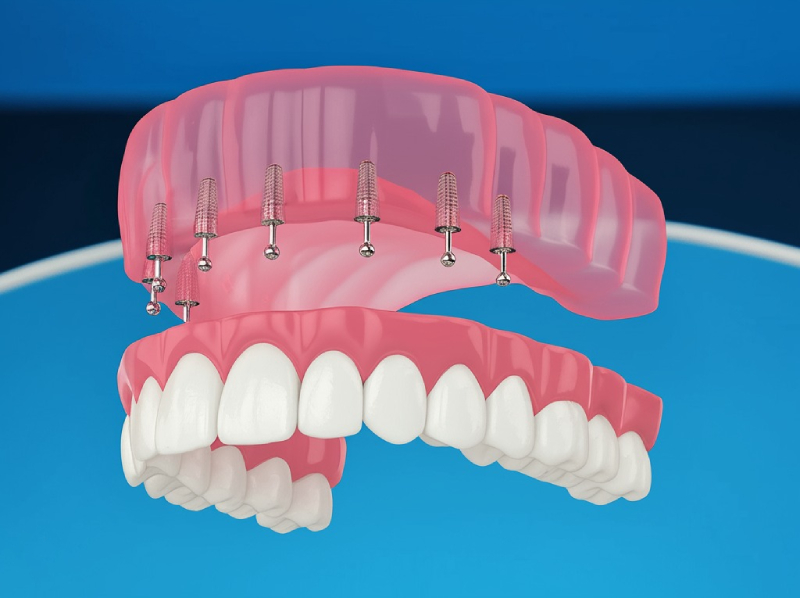
What Makes Up the Cost?
You’re probably thinking, why do implant dentures cost so much? Wish it was just one easy number, right? But, there are a lot of pieces that go into getting your new smile:
- Dental Implants: The titanium or zirconia “roots” that go in your jaw. Usually 2-8 needed per arch.
- Abutments: The parts that connect the implant to the denture.
- The Denture: This is the part that looks like teeth. Porcelain and zirconia last longer, but they cost more than acrylic.
- Prep Work: You might need a checkup, X-rays, CT scans, pulling teeth, bone upgrades, or sinus lifts if your jawbone needs help.
- Surgery Fees: Payment for your oral surgeon, gum doctor, or tooth specialist, plus any anesthesia or calming medicine.
- Check-Ups: Visits to make sure you heal right, adjustments, possible tweaks or fixes.
Here’s a quick chart for what each part might cost:
| Part | Likely Price (USD) |
|---|---|
| Dental Implants (each) | $1,500 – $6,000 |
| Abutment (each) | $300 – $600 |
| Denture (per arch) | $2,000 – $5,000+ |
| Bone Grafting (if needed) | $200 – $3,000+ per spot |
| Sinus Lift (top jaw) | $1,500 – $3,000+ per side |
| X-rays, CT Scans | $100 – $500 |
| Tooth Pulling | $75 – $600 each |
| Sedation/Anesthesia | $200 – $1,000+ per hour |
| Yearly Care | $100 – $300 |
Some dentists give bundled deals that roll up most of these costs into one price.
What Changes the Price?
You might ask, “Why does one dentist charge more or less than another?” Here’s what messes with the numbers:
- Kind of Denture: Snap-in versions need fewer implants and cost less upfront, while hybrids or All-on-4 fixed ones need more implants, better materials, and more careful work.
- Number of Implants: More implants equals more money. A 2-implant denture is way cheaper than one with 6 or 8.
- Materials: Titanium posts usually cost less than zirconia. Porcelain looks very real but costs the most.
- Dentist’s Skill: Dental specialists (like prosthodontists or oral surgeons) may charge more, but often get the best results.
- You Need Extra Work: If you need special treatment like bone help or gum problems fixed, that raises the price.
- How You’re Numbed: Some people just need a numbing shot; others want an IV or to be put to sleep. More comfort usually costs more.
- Where You Live: Big cities cost more for just about everything. Some states and areas are just more expensive than others.
- Lab Work: The place that makes your teeth can change the price based on what they use and how good they are.
Tip: Always ask for a step-by-step written estimate with every cost explained.
Are There Ways to Save Money on Dental Implants?
Thinking, “No way I can swing these prices”? Chill—I’ve got some ideas to make it easier.
First, ask your dentist about payment plans or in-office payment. Many places let you pay over time—months or even years—instead of all at once.
Next, look up outside financing like CareCredit or LendingClub. These groups let you pay slowly, and sometimes even with low or no interest.
Third, try dental schools or clinics. Students—under the close eye of teachers—can do implant work for a lot less. You might have to wait longer, but your wallet will thank you.
Fourth, see if you can get help from the government or charities. Programs like VA (Veterans Affairs) Dental Benefits, Medicaid, AARP, plus local and state help sometimes pay for part or all of implants for people who need it.
Dental tourism—traveling to another country for implants—can save you money. Some folks do well with this, but know the risks: flight bills, not speaking the language, and finding help if things go wrong. If it’s too cheap to be real, it probably is.
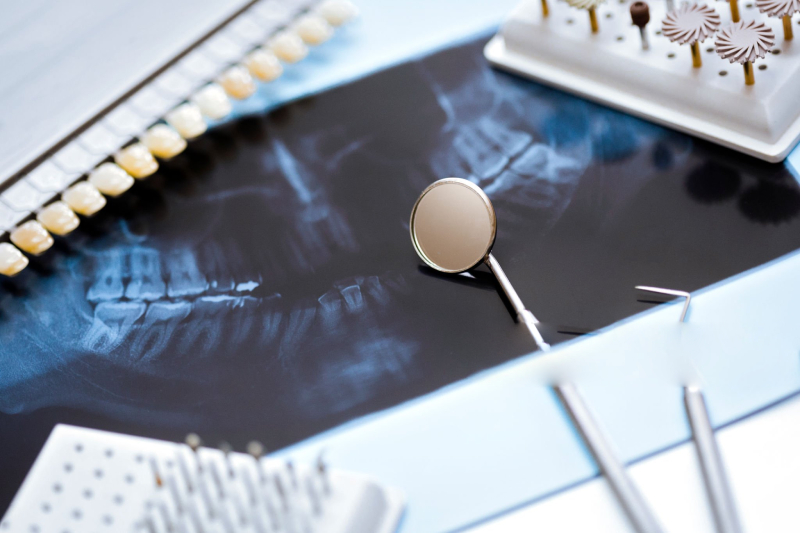
Does Insurance Pay for Any of It?
You may wonder if insurance will help pay the bill. Here’s the tough news: maybe, but probably not for the implants themselves. Most regular dental insurance calls implants “cosmetic,” which means you might get a little help for extractions, X-rays, or a basic denture, but not the fancy stuff. Plus, yearly limits usually keep payouts pretty low.
Here’s how it usually breaks down:
- Delta Dental, MetLife, Cigna, Humana, Aetna, Blue Cross/Blue Shield, United Healthcare, Sun Life: Some plans might cover things like X-rays, tooth pulling, or a bit of the denture itself if you’re lucky.
- Medicare and Medicaid: Most times, they don’t pay for implants unless you’ve got a special medical case. Medicaid coverage changes based on your state.
- VA or AARP: Some help for seniors or veterans, but it totally depends on the fine print.
- FSA or HSA: Here’s some good news—these pre-tax accounts can be used for implants. That means you’ll save a bit on your taxes. Check your balance before you start.
What does this mean? Always ask your dentist’s team to send your info to your insurance before you get work done. Let them fight to get you the most money back.
Why Are Implant Dentures Worth It?
Let’s be honest—these are not cheap. But let’s look at what you really get for your money.
Better day-to-day life
With implant dentures, you can eat apples, chew steak, or grab some crunchy chips whenever you want. No worries about your teeth moving or popping out.
Better health
Missing teeth usually cause your jaw to shrink or your face to cave in. Implants keep your jaw healthy and help you avoid that “sunken-in” look you see with regular dentures. You’ll talk better, and your smile will look natural and real.
Lasts longer and can save money
Implant dentures last way longer than regular ones. Some can even last 20 years or more. They don’t need messy creams, hardly ever break, and need way less fixing. After years, that can actually save you some real money.
Feel good about yourself again
Ever caught yourself covering your mouth when you laughed, or worrying your teeth might move? Those worries are gone with implants. Confidence really does come back—I’ve seen people light up once they get their new teeth. They start smiling for photos, hanging out with friends, and just enjoying life more.
What Questions Should I Ask My Dentist?
Never be shy about asking questions at the dentist. Here’s what you should ask:
- Can I get a full, itemized plan with every cost listed?
- Do you have all-in-one packages or do I pay piece by piece?
- What payment options do you have? Can I use CareCredit or my FSA/HSA?
- Will anyone here help me with insurance claims?
- How long does the whole thing take from start to finish?
- Are there any hidden or extra costs I should know about, like future fixes or extra visits?
- Do my implants and teeth have any warranty? How long, and what does it cover?
- How many implants will I need?
- What are your materials for implants and dentures?
Summary: What Did We Learn?
Let’s pull it all together. Keep these points in mind before you decide on implant-supported dentures:
- Implant dentures are connected to your jaw so they fit better and don’t move around.
- They cost more at the start (usually $12,000 – $35,000+ for each jaw), but they last longer and work better.
- The price changes based on how many implants, what type you pick, what materials you want, the skill of the dentist, and where you live.
- Most dental insurance won’t pay for implants, but sometimes helps with other treatments. Always ask first.
- You can use payment plans, FSA/HSA accounts, dental schools, help for veterans, or charities to make them more affordable.
- Ask as many questions as you need and get every detail in writing before you start.
- In the end, implant-supported dentures are about investing not just in your teeth, but in your health and your happiness.
FAQs
Q: Are snap-in dentures the same as implant dentures?
A: Sort of! Snap-in dentures are one kind of implant denture. You can take them out to clean them.
Q: Can I eat anything with implant dentures?
A: Most people can eat pretty much whatever they want—even the foods they gave up before.
Q: How long do these last?
A: If you take care of them, the implants can last over 20 years. The teeth part sometimes needs new work after 7-15 years.
Q: Do implant-supported dentures really work?
A: Yes! Success rates are very high—usually 90-98% after 10 years, says the American Academy of Implant Dentistry.
Q: Does it hurt to get implant dentures?
A: Most people say it doesn’t hurt as much as they thought. Your dentist will use medicine to keep you comfy.
Most Important Things to Remember:
- Implant dentures give you strong teeth that don’t move around.
- They cost more at first, but sometimes save you money later.
- Prices can change a lot depending on your needs.
- Use different payment or insurance options to help pay.
- Don’t be afraid to ask for the details, costs, and options.
References:
- American Academy of Implant Dentistry (AAID): www.aaid.com
- National Institute of Dental and Craniofacial Research: www.nidcr.nih.gov
- Delta Dental, Cigna, MetLife provider guides
- Mayo Clinic: How safe are dental implants?
Ready for a big change?
Talk to your dentist today and see if implant dentures could give you the strong, happy smile you deserve! For more info on paying for dental care, check out our Dental Insurance Explained page or look for Tips on Finding a Good Tooth Specialist Near You.

